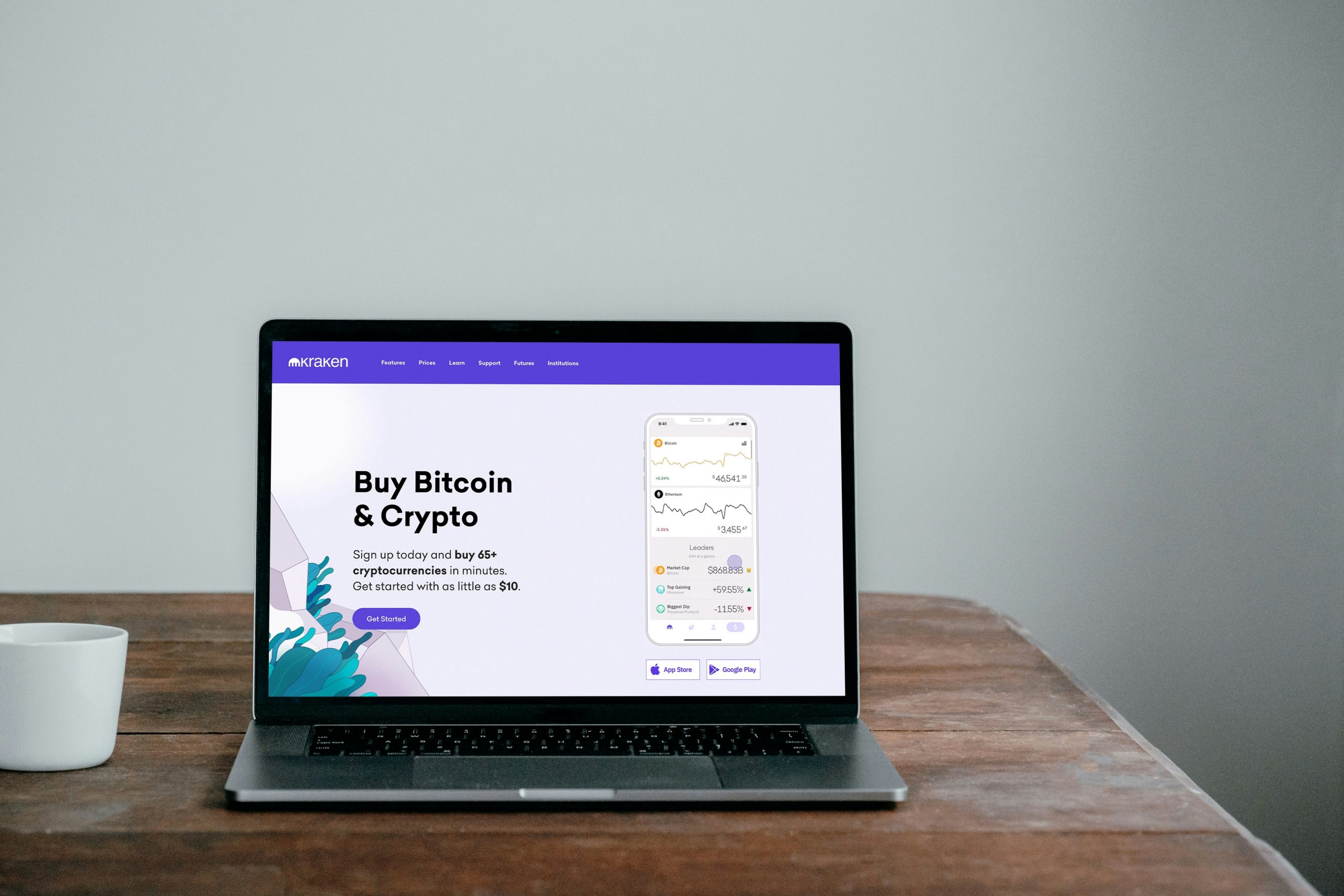Italy’s State-Owned Bank Trials Digital Bonds on Polygon Blockchain
The European Central Bank initiated the trial to explore how blockchains can enhance central bank settlement.

Regulatory pressure: The decision reflects the increasing regulatory scrutiny on privacy-focused cryptocurrencies. Governments and regulatory bodies are concerned about the potential illicit use of privacy coins for money laundering and other illegal activities.
Impact on Monero’s liquidity and accessibility: Delisting from significant exchanges like Kraken limits Monero’s accessibility and liquidity in these regions. Traders and investors in Ireland and Belgium may need help buying, selling, or trading Monero, potentially affecting its market value and adoption.
Market sentiment and future of privacy coins: Kraken’s move could influence market sentiment towards privacy coins in general. It may prompt other exchanges to reconsider their support for such cryptocurrencies, leading to further scrutiny and potential delistings.
Cryptocurrency exchange Kraken has recently announced its decision to delist Monero (XMR), a popular privacy-focused digital currency, from its platform for users in Ireland and Belgium.
Kraken posted a notice revealing that it would halt the trading and deposits for XMR from May 10 2024, and all margin trading positions must be closed before the deadline. The exchange emphasised that Kraken would close the positions automatically if they were not closed. Kraken also revealed that it would entirely delist Monero from its platform on June 10 2024. This means withdrawal for the XMR token for Ireland and Belgium users will be stopped on that date.
The exchange highlighted that users with any XMR tokens on their accounts after the deadline will have their balances automatically converted into Bitcoin (BTC). This move comes amidst increasing regulatory scrutiny surrounding privacy coins and their potential use in illicit activities. Kraken cited regulatory pressures as the primary reason behind this decision. The exchange emphasised its commitment to complying with regulations in all its jurisdictions. By delisting Monero in Ireland and Belgium, Kraken aims to ensure regulatory compliance and mitigate any potential risks associated with privacy coins.
The delisting of Monero from Kraken’s platform in Ireland and Belgium could have significant implications for the crypto’s market value and user community. As one of the leading crypto exchanges globally, Kraken’s decision to remove Monero trading pairs may reduce the accessibility of XMR to traders and investors in the affected regions. The delisting could dampen investor sentiment towards Monero, leading to a short-term decrease in its market price. The long-term impact on Monero’s market dynamics remains uncertain, as the crypto‘s value is influenced by many factors, including its technology, adoption, and regulatory developments. Members of the Monero community have expressed mixed reactions to Kraken’s decision.
While some view the delisting as a setback for privacy rights and financial freedom, others acknowledge the regulatory challenges facing privacy coins and the need for exchanges to comply with evolving legal requirements. This announcement follows recent developments in the European Union prohibiting crypto asset service providers (CASOs) from providing accounts for anonymous users or using privacy-focused tokens such as Monero.
According to CoinGecko, the token’s price seems unaffected by the new development as it hovers around $132.35 and has recorded a 24-hour high of $136.59 with a weekly high of $139.15. However, in February, Binance announced it would delist Monero, sending the token’s price down. On September 19 2022, Huobi delisted Monero to comply with global regulations. Since January 2023, the token has been entirely delisted from OKX’s trading platform.
The exchange said, “Delisting is part of its efforts to maintain a robust spot trading environment.” OKX emphasised that the decision follows feedback from its users.
Kraken’s delisting of Monero underscores the broader challenges facing privacy-focused cryptocurrencies in the regulatory landscape. Privacy coins like Monero offer enhanced anonymity and transaction privacy, making them attractive to users seeking financial privacy and confidentiality.
Regulators and law enforcement agencies have raised concerns about the potential misuse of privacy coins for illegal activities such as money laundering, terrorist financing, and tax evasion. As a result, regulatory scrutiny of privacy coins has intensified in recent years, leading to delistings and restrictions by several crypto exchanges.
The future of privacy coins hinges on their ability to balance privacy features with regulatory compliance. While privacy remains a fundamental aspect of decentralised finance, projects like Monero may need to implement additional measures to address regulatory concerns and ensure long-term viability.
Exchanges like Kraken face the challenge of navigating regulatory requirements while providing their users with diverse digital assets. As regulatory frameworks continue to evolve, exchanges and crypto projects must collaborate with regulators to establish clear guidelines for the responsible use of privacy-enhancing technologies. Since 2018, regulators across the globe have been cracking down on privacy-focused tokens. Japan was the first to initiate a ban on anonymity-enhanced tokens. South Korea’s financial watchdog started to ban privacy coins from exchanges in 2020, while Australian exchanges started to delist privacy tokens due to regulatory updates.
The European Central Bank initiated the trial to explore how blockchains can enhance central bank settlement.
n recent months, inflation measures, including the Consumer Price Index and Personal Consumption Expenditures Index, have moderated.
BlockFi clients are to note that client communications will exclusively occur through official email channels.
CryptoQuant CEO says Bitcoin is still vulnerable to “speculative FUDs,” giving smart money a way to buy up cheap BTC.